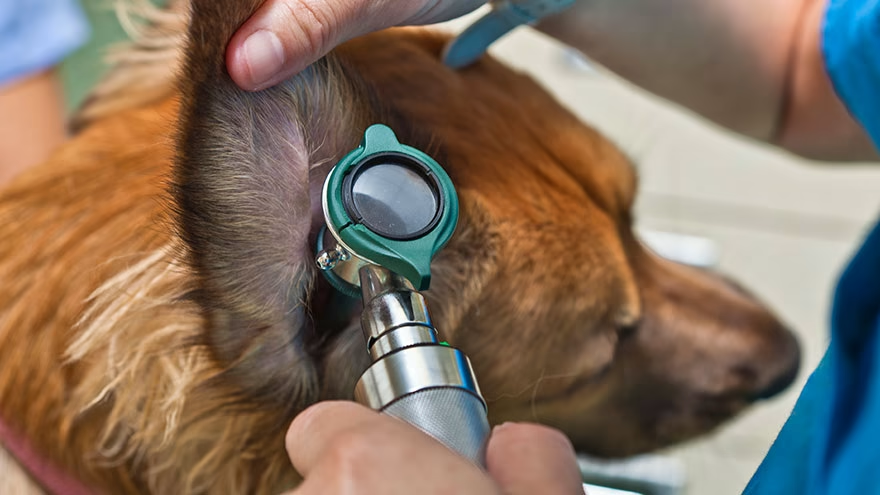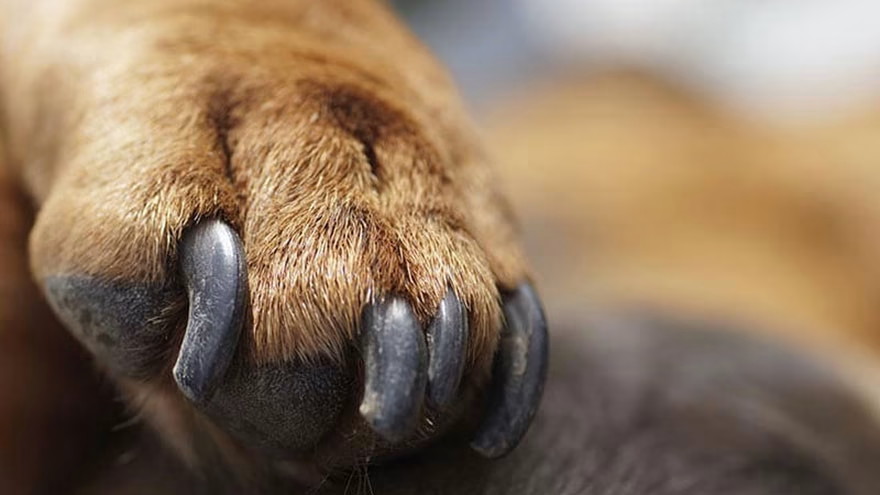There are a variety of conditions that may cause blisters to appear in your dog's ears. While the majority of these conditions are easy to treat, occasionally the appearance of blisters may be a sign of a more serious underlying condition. In order to obtain an appropriate diagnosis, consult your veterinarian if your dog has blisters in his ears.

Identification
Blisters in a dog's ears may be described as red pustules or ulcers that may form inside the ears. These blisters may weep or ooze and occasionally drain. Dogs that have blisters inside their ears may paw and scratch at their ears, making the condition worse.
Abcesses
An abscess may cause blisters inside the ears, and they are often firm and filled with fluid. An abscess may be caused by an infection or from a wound that has not healed. If the abscess is due to infection, the dog may have symptoms of fever, depression and loss of appetite. Blisters that are caused by an abscess may also open and drain. It may be necessary for a veterinarian to surgically open and drain blisters from an abscess. If infection is present, your dog may be prescribed antibiotics.
Ear Margin Dermatosis
Ear margin dermatosis is a condition that is most common in dogs with long, floppy ears such as dachshunds. Ear margin dermatosis causes blisters that may develop crusts in the margin of the ears, and may be secondary to conditions such as hypothyroidism or chronic ear infections. The treatment for ear margin dermatosis is usually the use of antiseborrheic shampoos.
Erythema Multiforme
Erythema multiforme may occur in dogs and may cause blisters or "bull's-eye" lesions around the mouth, in the ears and the groin field. Other symptoms associated with this condition are depression and fever. Erythema multiforme is often caused by an extreme sensitivity to certain medications or may be caused by diseases such as cancer. Treatment for this condition depends on the underlying cause.
Considerations
Dogs that develop blisters in their ears that do not resolve themselves within a few days, need to be examined by a veterinarian. A visit to your veterinarian can help to determine the cause of blisters, and will ensure your dog is on the road to recovery.You Might Also Like :: Causes of Cancer in Dogs





0 Comments
No comments yet. Be the first to share your thoughts!
Leave a Comment